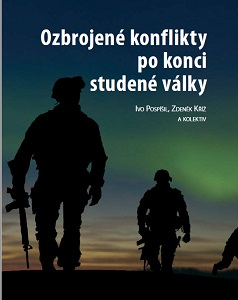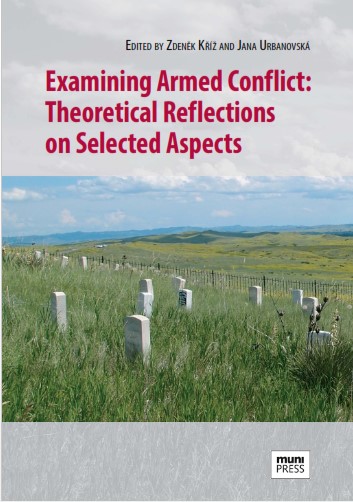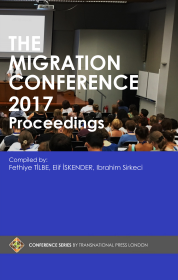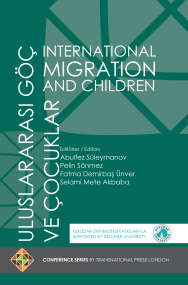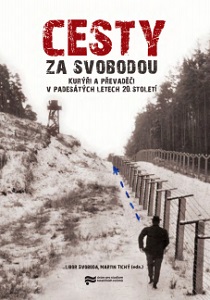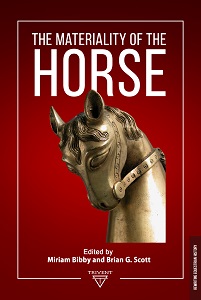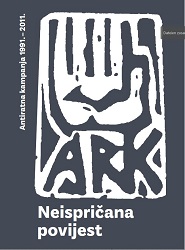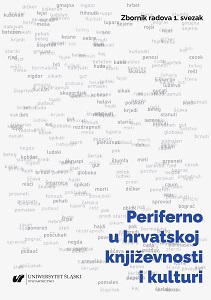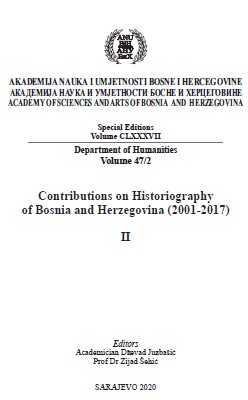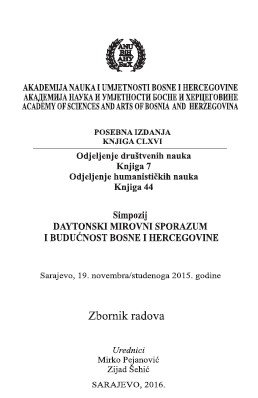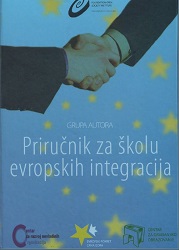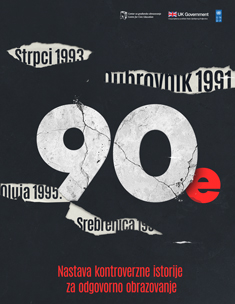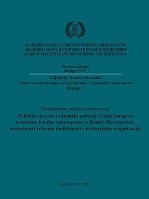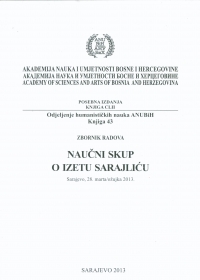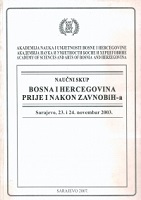Author(s): Josip Osti / Language(s): Bosnian
Publication Year: 0
Mada je pripadao prvoj generaciji pjesnika poslije Drugog svjetskog rata, koje je obilježilo ratno i poratno vrijeme, zajednički ideali, posebno u periodu obnove i izgradnje razrušene zemlje, Izet Sarajlić je, kako istinskom pjesniku i priliči, bio i ostao sam. Prve pjesme napisao je 1947., a objavio 1948. prvu knjigu, U susretu, 1949. godine. Uspomene na rat bile su najjači razlog što je u svojoj poeziji, sa željom da se rat ne ponovi, neprestano zagovarao mir. Onako kao što se, naglašenim intimizmom, pedesetih godina prošlog stoljeća, odupirao socrealističkoj, horukaškoj, udarničkoj i prekomjerno optimističkoj poeziji, isto tako se, potom, odupirao bezličnosti, hermetičnosti, nekomunikativnosti i uniformnosti modernističke poezije. A sve vrijeme je, samosvojnim senzibilitetom, branio čovjekovu osjećajnost, koja je bila izložena svakojakom nasilju, grubostima i otuđenosti, branio potrebu za iskrenošću, toplinom, ljubavlju, druženjem i prijateljevanjem. Umjesto vedre i vesele akcijske ili, kasnije, jezički eksperimentalne i hladne poezije, pisao je tankoćutnu, sivovikendaški sjetnu i elegičnu poeziju, te od pjesničkih početaka nadalje branio pjesnikovo pravo na tugu, kao što je, u tako naslovljenom tekstu, koji je preusmjerio poslijeratnu bosansko-hercegovačku kritiku, zapisao Ivan Fogl. Upravo njegove elegične i baladične pjesme, melanholične i sjetne tugovanke, kako među ranim tako i među kasnijim pjesmama, potvrđuju da ga je, usprkos podsticajnim uticajima Jesenjinove harmonično oblikovane duševnosti, Whitmanove lavine dugih, vitalističkih i čovjekoljubivih stihova, Prévertove anegdotične ljubavne lirike i Brechtove, jednostavnim riječima izricane, društvene kritike, trajno obilježila lirska atmosfera stražilovske linije pjesništva, od Branka Radičevića, preko Miloša Crnjanskog i Milana Dedinca do Stevana Raičkovića.
More...
